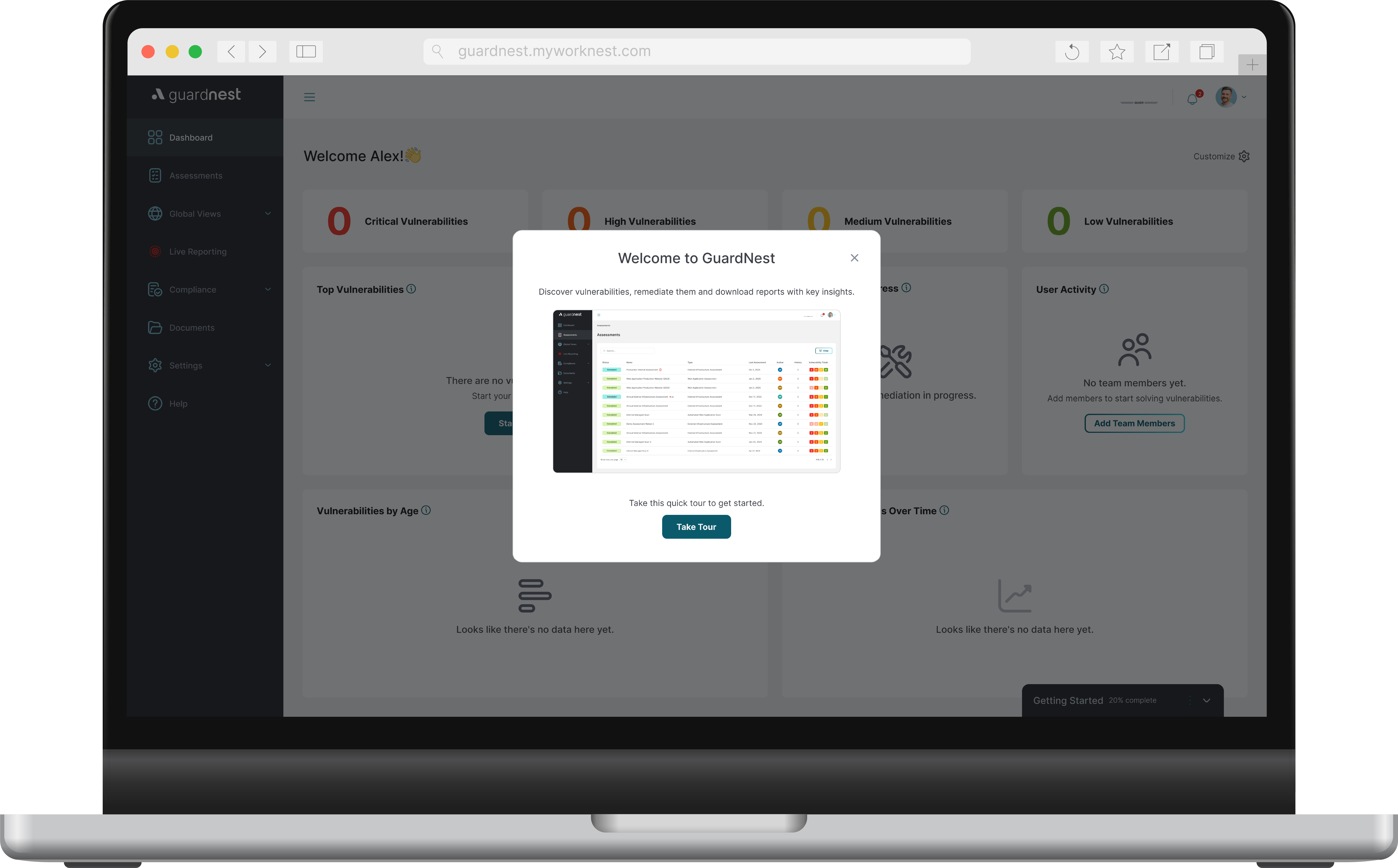UK Government Unveils Landmark Cyber Security and Resilience Bill for National


Introduction: A New Era for UK Cyber Resilience
This week marks a pivotal moment for UK cyber-security policy: the government has introduced the long-awaited Cyber Security and Resilience Bill to Parliament. We’ve written about the significance of the long-awaited UK Cyber Security and Resilience Bill and why it matters to your business here, but this week the government has finally introduced it in parliament, promising that it will help bolster national security and protect the economy.
At its heart the proposed legislation aims to upgrade the UK’s Network and Information Systems Regulations 2018 (NIS Regulations 2018), which were based on the EU’s NIS Directive. The latter has since been updated to NIS2 Directive, which introduces strict new baseline security requirements for operators of essential services (OES). The UK equivalent includes the following proposals:
- Managed service providers (MSPs) will be regulated for the first time, bringing an additional 900-1100 firms into the scope of the law.
- Regulators will be given powers to designate critical suppliers that must meet minimum security standards.
- New duties (to be confirmed in secondary legislation) will require OES to manage supply chain risks.OES will need to meet “proportionate and up-to-date security requirements” drawn from the National Cyber Security Centre (NCSC) Cyber Assessment Framework (CAF).
- Incident-reporting criteria will be expanded, and initial reporting will be required no later than 24 hours after an incident followed by a full report within 72 hours. Digital and data-centre providers will be required to notify customers.
- The powers of the Information Commissioner's Office (ICO) will be enhanced, enabling it to identify the most critical digital service providers and adopt a proactive approach to assessing cyber risk.
- Regulators will be able to recover costs through a new fee regime.
- Data-centre providers and those managing “the flow of electricity to smart appliances” will be brought into scope.
- Tougher, turnover-based penalties will be brought in for serious offences.
These changes reflect a significant shift in the UK’s approach to cyber risk: from largely voluntary or loosely monitored compliance, to a regime of mandatory duties, expanded scope and stronger enforcement.

Comments From Our Team
As Pentest People’s Incident Response Head, Ian Nicholson, puts it: “I think the bill is a really welcome step forward. It reflects what most of us in the industry already believe, that the security of our critical national infrastructure depends on the resilience of every single organisation that supports it.
The focus on stronger standards and faster reporting feels absolutely right to me. The first 24 hours after an incident often determine how things play out, so speed really does matter.
Most organisations have the best intentions, but they often lack visibility of their supply chains or the ability to act quickly when something goes wrong. This bill should help improve that visibility and raise standards across the board. It will also highlight where some organisations still have gaps and that’s where I see real value.
From our side, we see this as an opportunity to help our clients build genuine resilience. It’s no longer just a tick-box exercise. It’s about having well-rehearsed plans, clear escalation paths, and tested communication routes in place.”
Why Does This Matter for Business?
For one thing, the extension of regulation to MSPs and data-centre operators brings into scope a large cohort of service providers that previously sat at the edge of regulation. Supply-chain resilience is now central. For another, the much shorter incident-reporting window means that organisations will need to have far stronger detection and response capabilities in place. The cost of failing to comply, or of being slow to respond, now carries more acute risk.
Strategically, the Bill signals that cyber-security is not just an IT issue: it is a business-risk issue, relevant to resilience, reputation and regulatory exposure. The government’s overview states that the Bill will deliver “a fundamental step change in the UK’s national security … making essential and digital services more secure in the face of cyber-criminals and state actors” and underpin “greater economic stability”.
Key Takeaways
For businesses, key take-aways include: prepare now, even before the Bill becomes law; assess whether you might fall into the expanded scope; review your incident-response and supply-chain visibility; ensure senior leadership understands the evolving regulatory environment. While the legislation still requires parliamentary scrutiny before it becomes law, the direction of travel is clear: higher standards, faster reporting, larger scope, deeper accountability.
In short, the Cyber Security and Resilience Bill marks a watershed for UK organisations: it tightens the regulatory screws and raises the bar on resilience.
If your business has not started thinking about these changes, now is the time. Our experts will be able to guide you through the changes, just get in touch with us today.
.png)








.svg)








.webp)


